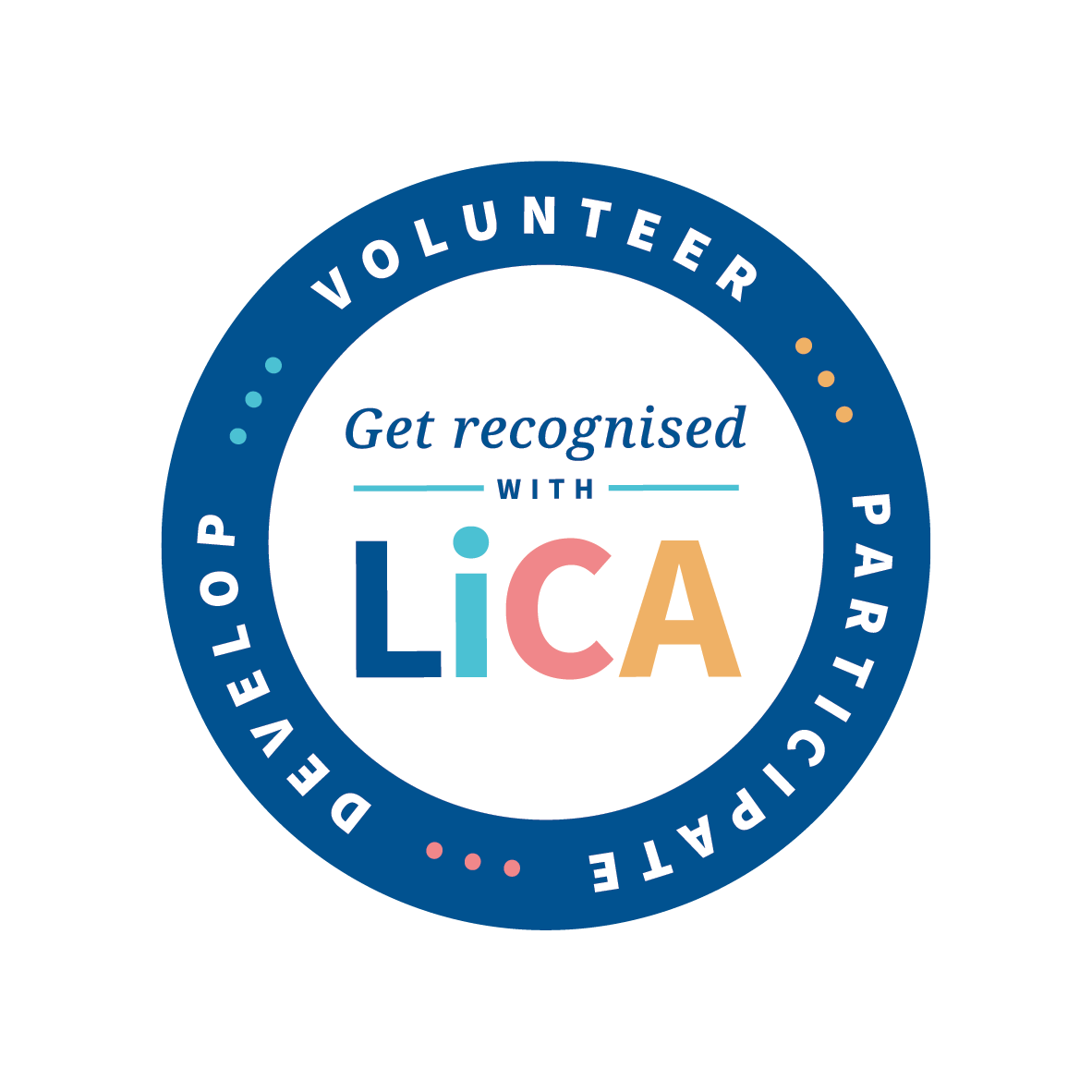Now one year into his two-year masters, we spoke with Ibrahim about his experience of transitioning from undergraduate to graduate study so far.

“I got caught off guard initially,” he says of the “exponentially increasing workload and difficulty” that came with stepping up to study at the graduate level. To other students about to make the same leap, he has some wisdom: “Be prepared for the extensive workload!”
Ibrahim was able to overcome the initial shock with “good time management,” which ultimately allowed him to succeed in his first year of graduate study.
Ibrahim also prioritises time to relax and reset in between all the hard work. His favorite ways to spend his downtime include “hanging out with friends or playing sports, just to recuperate my anxious mind.” He finds that listening to relaxing instrumental music helps him to unwind after particularly mathematically intensive study sessions.
On top of a busy workload, Ibrahim has chosen to complete the Leaders in Community Award (LiCA), which requires participants to complete a certain number of volunteering hours. The LiCA is one way that Master of Engineering students can complete their compulsory Engineering Practice Hurdle.
For Ibrahim, however, volunteering is more than just a way to satisfy course requirements.
“I have been on the receiving end of support offered by volunteers of the community,” he says. “And I deem that it is time I give back.”
Ibrahim was recently accepted into a peer mentoring program, which will allow him to use his experience to guide students as they commence the Bachelor of Science.
“I have a broad spectrum of knowledge from different life experiences. These have led to multiple errors, from which I have learned,” Ibrahim says. “Newly commencing students at the University usually find it difficult to adjust to the new lifestyle of University because they are unaware of the numerous support services offered. I personally struggled with course planning. Some people struggle with looking for a job or accommodation, or time management.
“I have a proclivity for offering constructive critical advice to my juniors, from a point of view of what sort of advice I would have liked when I was in a similar position. If there had been someone with life experience to guide me, who had gone through a similar sort of experience, it would have been easier settling in initially.
“If I can make someone’s life just a little bit easier, my personal satisfaction rate goes up.”
Volunteering also enables Ibrahim to expand his communication and leadership skillset.
“I was a club executive of the Melbourne University Soccer Appreciation Society (MUSAS), from November 2016 to November 2018,” he shares. “I learned about managing and organizing events while controlling the budget.”
Throughout his Bachelor of Science, Ibrahim took advantage of the diverse range of breadth and elective subjects available to “get a taste of the engineering sub-fields.” Ibrahim explored a range of engineering disciplines, such as civil, mechanical and mechatronics, before ultimately discovering his passion for electrical engineering.
He felt well-equipped going in to the Master of Engineering with the background knowledge that his bachelor’s degree provided.
“My Bachelor of Science in Electrical Systems laid the foundation for the Master of Engineering degree. All the prerequisites of the engineering degree were covered,” says Ibrahim.
For Ibrahim, part of the appeal of studying at the University of Melbourne is the “prestige of being the alumnus of the number one university of Australia.”
“After graduation, I plan on working domestically for a few years, to gain experience working in a fast-paced industry-based environment,” he says. “Later, I plan on going overseas to progress further in my career. An internationally accredited engineering degree will allow me to work in the USA and Europe, where the main industry lies for my field.”
He sees exciting opportunities for R&D in the USA’s aviation industry and the German automotive industry.
“I like to keep my options open so that I can immediately transition into a new direction if progression in the current direction seems bleak,” he states.
Ibrahim also shared with us one of his favorite personal quotes, and some good advice for anyone seeking to stay afloat in a competitive course or industry: "Instead of drowning into the abyss, learn to be a buoyant person.”
“I study psychology a lot in my free time,” he adds.
